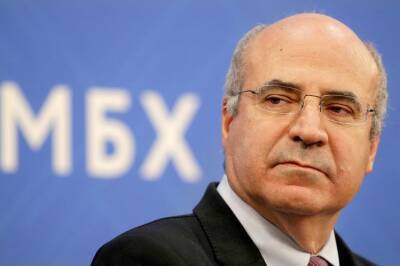The Guardian view on Wordle: let the game stay free
Smart daily brain tease works magic, makes eager crowd happy, later turns truly viral – until game’s adept maker earns great money (ample Times bucks). Yes, it is sometimes hard not to think entirely in five-letter words after an encounter with Wordle, the online game that requires participants to guess a five-letter word in six tries. It was quietly launched last October by Josh Wardle, a Welsh, Brooklyn-based software engineer who created it for the amusement of his partner.
In November, its users numbered a few hundred. Now, they are in the millions. Mr Wardle has sold the game to the New York Times for a seven-figure sum – having previously said that he felt somewhat overwhelmed by the responsibility to the game’s fans to keep the site running perfectly.
Wordle’s (and Wardle’s) success is entirely deserved, even though it is sad to see the plucky, independent puzzle sucked up into the insatiable maw of big business. The game seems the apogee of simplicity, but in fact that is deceptive; it is pitched to utter perfection. Its ultimate ancestor is probably Scrabble, and it has that look about it, with its colour-coded virtual tiles. There is nothing off-puttingly high-concept about the game – it appeals across the generations and it is easy to grasp how it works. It takes but a few moments to complete it, too; rare are the days that players find themselves entirely outfoxed. But it has just enough difficulty to feel teasing and testing. Finishing the game brings with it a burst of satisfaction – whether that’s a feeling of delight at solving the puzzle in two (fluke?) or three (fortunate?) goes, or the sensation of relief at managing to crack it at the last possible opportunity.
Players build up their own ways of playing,
Read more on theguardian.com
























